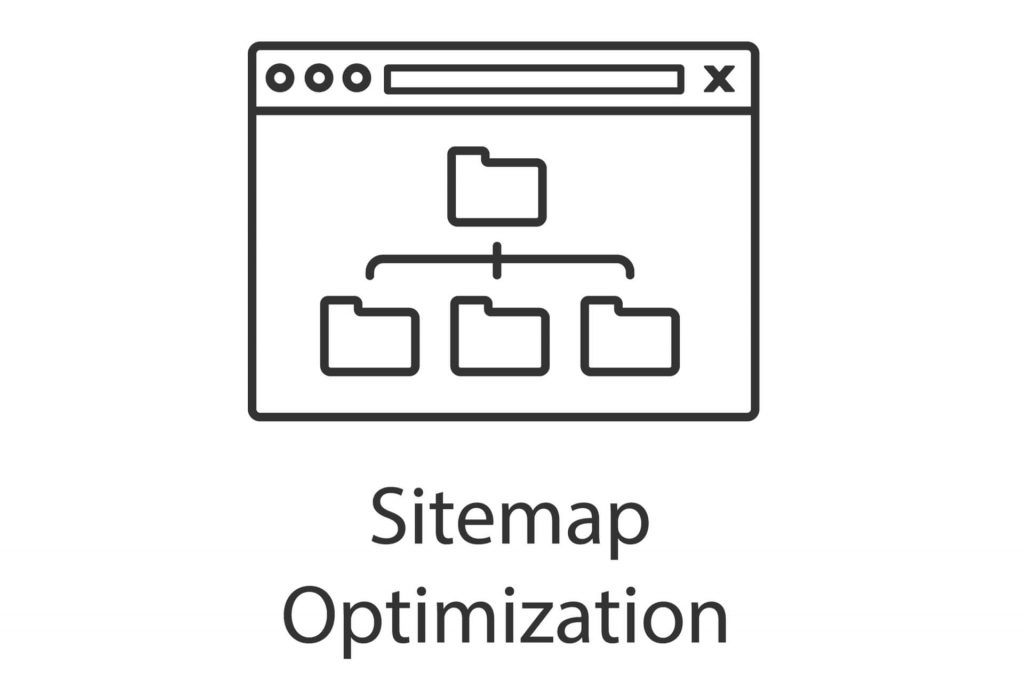Busting the Myths About Ranking Well on Search Engines

Search engine optimization (SEO) focuses on getting a website to its best possible position on Google and other search engines. While most people who manage or own websites have heard of SEO, there are still several misconceptions about how ranking well actually works.
Let’s clear up some of the search ranking myths that may be hurting your SEO strategy, shall we?
“Domain Age Matters as a Ranking Factor”
Some people believe that domain age is something that Google looks for when it ranks websites. This has led to brand owners unnecessarily spending time and money to track down old domains that, in the end, aren’t ranking factors.
Google’s Matt Cutts once said, “To the best of my knowledge, no search engine has ever confirmed that they use length of registration as a factor in scoring. If a company is asserting that as a fact, that would be troubling. The primary reason to renew a domain would be if it’s your main domain, you plan to keep it for a while, or you’d prefer the convenience of renewing so that you don’t need to stress about your domain expiring”.
So, while a long-running website may seem like a big winner because it’s been around longer, we suggest digging deeper.
- Is the site’s content original and relevant?
- Is its user experience smooth?
- Does it have high quality backlinks?
- Is the brand recognition high?
If all of these factors check out, then you have the true answer to the site’s high search engine ranking. Google cares about the quality of a website above all else. So remember, age is still nothing but a number.
“XML Sitemaps Directly Impact Google Rankings”

XML sitemaps are useful website features, but creating one won’t instantly boost your rankings. Your sitemap is just a list of URLs in your site.
The myth starts from the belief that if Google indexes all of the sitemap’s pages, their rankings will improve with the attention.
Once again, the quality of your website is what matters to Google.
Sitemaps are beneficial for other reasons, but they’re not a ranking requirement. Sitemaps are useful for helping bots and users navigate your website. You could have the longest sitemap in internet history, but if the site quality is poor, all of those indexed pages won’t improve your rankings.
“You Need a Keyword in Your Domain Name to Instantly Rank Better”
Say it with us. Having a keyword in your domain name, doesn’t help you rank higher than sites that don’t. The quality and value of your website to users is what ultimately improves your search rankings.
The proof even comes directly from John Mueller, the Senior Webmaster Trends Analyst for Google. In a video where he touches on domain success based on keywords, he says,
“There are lots of websites out there that do rank for the keywords in their domain, but they’ve worked on this for years and years. They’ve had that website for a really long time, so it’s normal that they would rank for those keywords.”
Google said it themselves! Domain names that use keywords don’t directly correlate with current rankings.
“Word Count is a Direct Factor to Ranking”
SEOs often preach that long-form content in itself is the key to higher site rankings. Without great content, higher word counts don’t necessarily mean better rankings.
Yes, the average first-page result on Google is around 1,800 words, but the content’s success is based on what’s within the words.
Right now, Google values long-form content that fully answers the reader’s questions about a topic. In-depth content improves the length of time people spend on your site and poses the perfect opportunity to get creative with keyword and semantic use.
The more useful, accurate information in your content, the more your site appears relevant to Google, and the greater your rankings will climb.
Follow the Facts to Ranking Success With Dallas SEO Dogs
Dallas SEO Dogs is an SEO team that stays on top of the true ranking factors of SEO. We work behind the scenes on your website and help you produce original content, manage your social media pages, optimize your existing pages, and more.
Managing your website for optimal SEO results is a job in itself, and we’re ready to do that for you. Focus on the daily operations of your business while we handle the technicalities. Contact us today to learn more about our services and schedule a free consultation.
